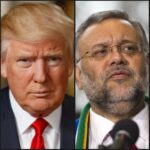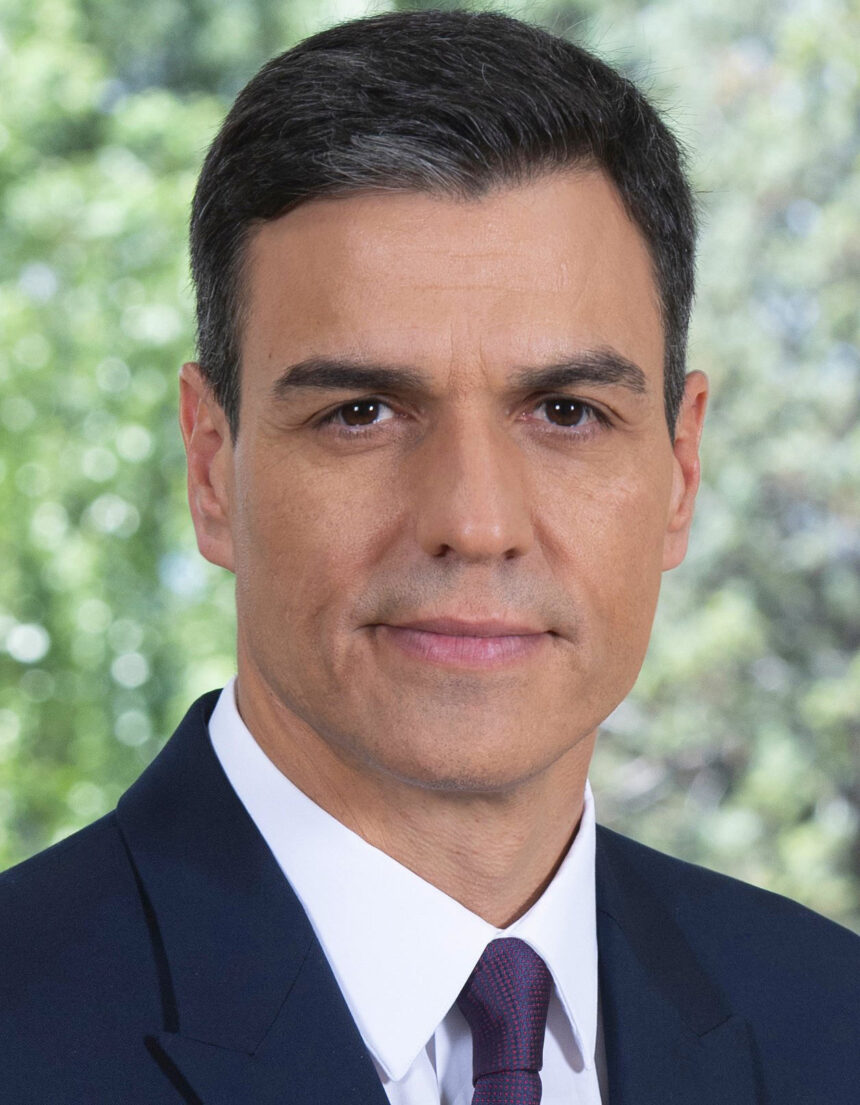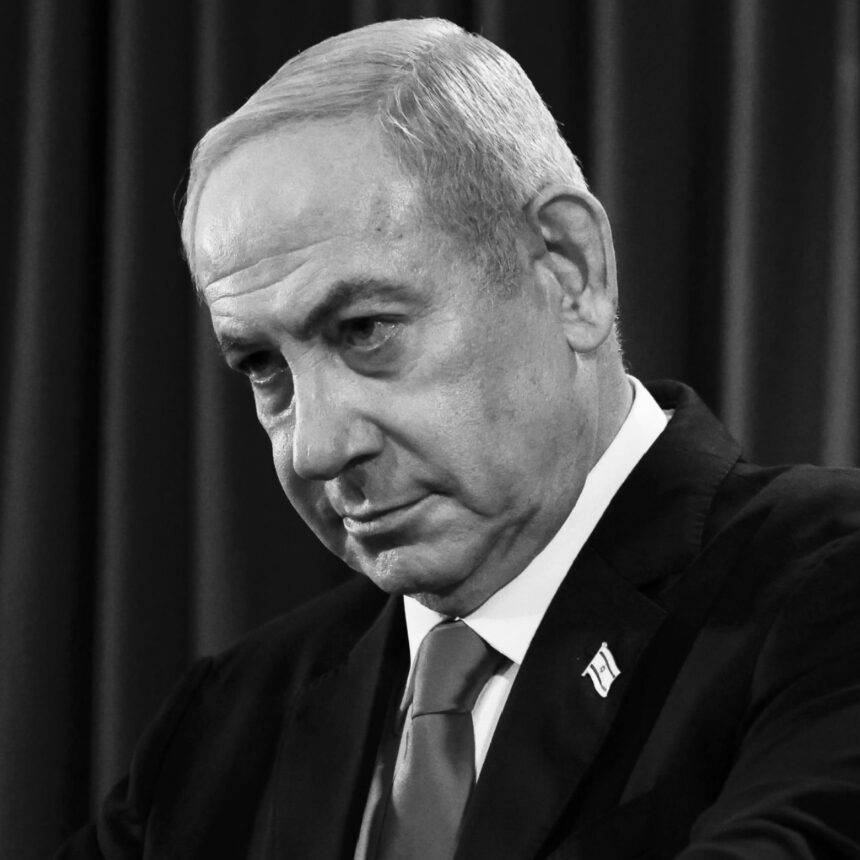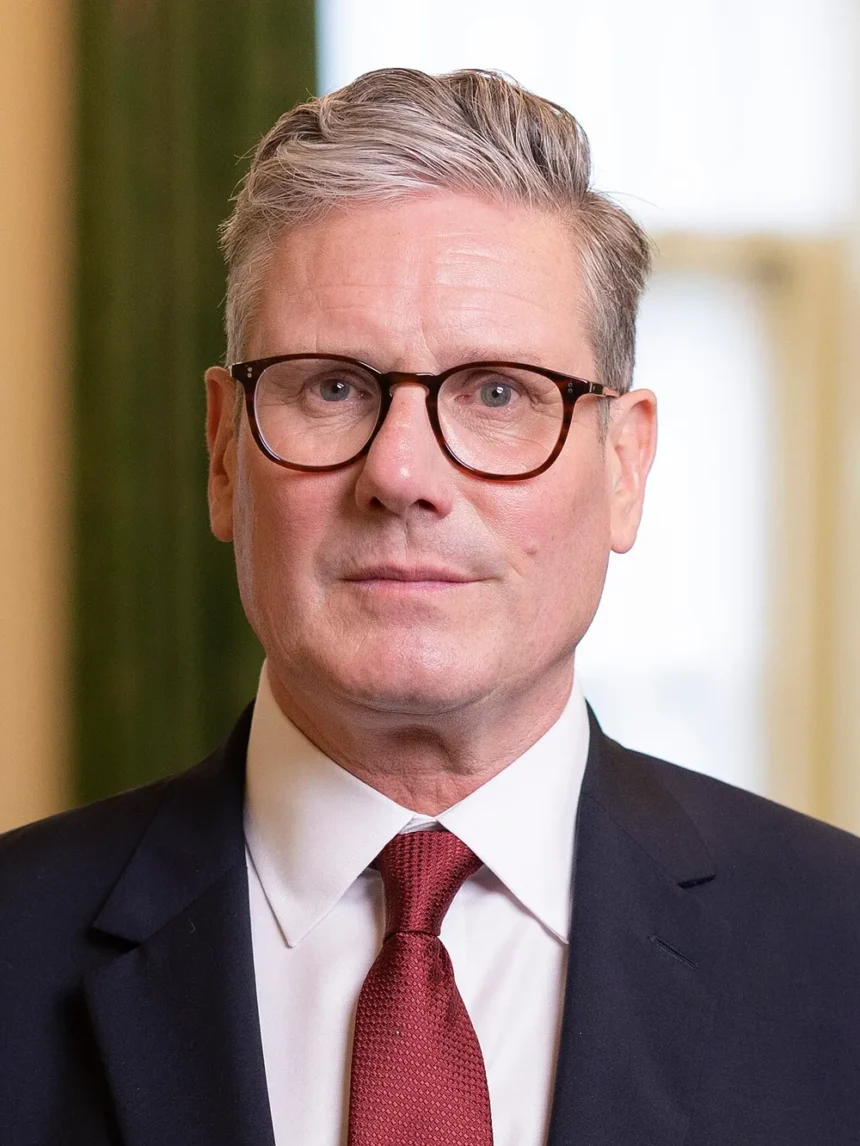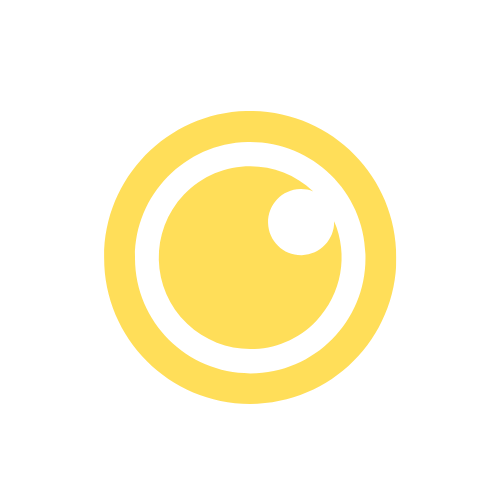Former Philippines President Rodrigo Duterte was arrested at Ninoy Aquino International Airport in Manila upon his return from Hong Kong. The arrest was executed by the Philippine National Police (PNP) and the Criminal Investigation and Detection Group (CIDG), acting on a warrant issued by the International Criminal Court (ICC) for alleged crimes against humanity.
Details of the Arrest
Duterte, who served as president from 2016 to 2022, was detained shortly after disembarking from his flight. The charges stem from his controversial “war on drugs,” a signature policy of his administration that has been widely criticized for human rights violations, including thousands of alleged extrajudicial killings. Following his arrest, Duterte was taken to Camp Crame, the PNP headquarters, for booking procedures.
The ICC has been investigating Duterte’s anti-drug campaign since his time in office, focusing on claims of systematic murders of suspected drug dealers and users. Although the Philippines withdrew from the ICC in 2019 under Duterte’s leadership, the court asserts its jurisdiction over crimes committed while the country was still a member state. This arrest marks a historic moment, as Duterte becomes the first former Philippine head of state to be detained by an international tribunal.
Reactions and Controversy
The arrest has elicited sharply divided responses within the Philippines. Duterte’s supporters, who praise his tough-on-crime approach for reducing criminality, have decried the ICC’s actions as an overreach and an attack on national sovereignty. His legal team, including former administration officials, has labeled the arrest “unlawful,” arguing that the ICC lacks authority over the Philippines. Duterte himself has previously oscillated between dismissing the ICC’s legitimacy and expressing willingness to face legal consequences.
Conversely, human rights advocates and critics of Duterte’s presidency have hailed the arrest as a victory for justice. The Mamamayang Liberal (ML) party-list issued a statement calling it “the serving of justice and the pursuit of accountability” for the victims of the drug war. The arrest has reignited debates about the human toll of Duterte’s policies, which some estimate resulted in over 20,000 deaths.
International Implications
Globally, Duterte’s arrest has spotlighted the ICC’s role in addressing human rights abuses by state leaders. It also raises questions about the Philippines’ relationship with the court under current President Ferdinand Marcos Jr., who has not signaled any intent to rejoin the ICC. The case could influence discussions on international law and accountability, particularly in nations skeptical of the ICC’s reach.
What’s Next?
As legal proceedings begin, Duterte’s case is poised to have profound effects on Philippine politics and the ongoing global discourse surrounding human rights and the war on drugs. The former president’s fate now rests in the hands of the ICC, markin




